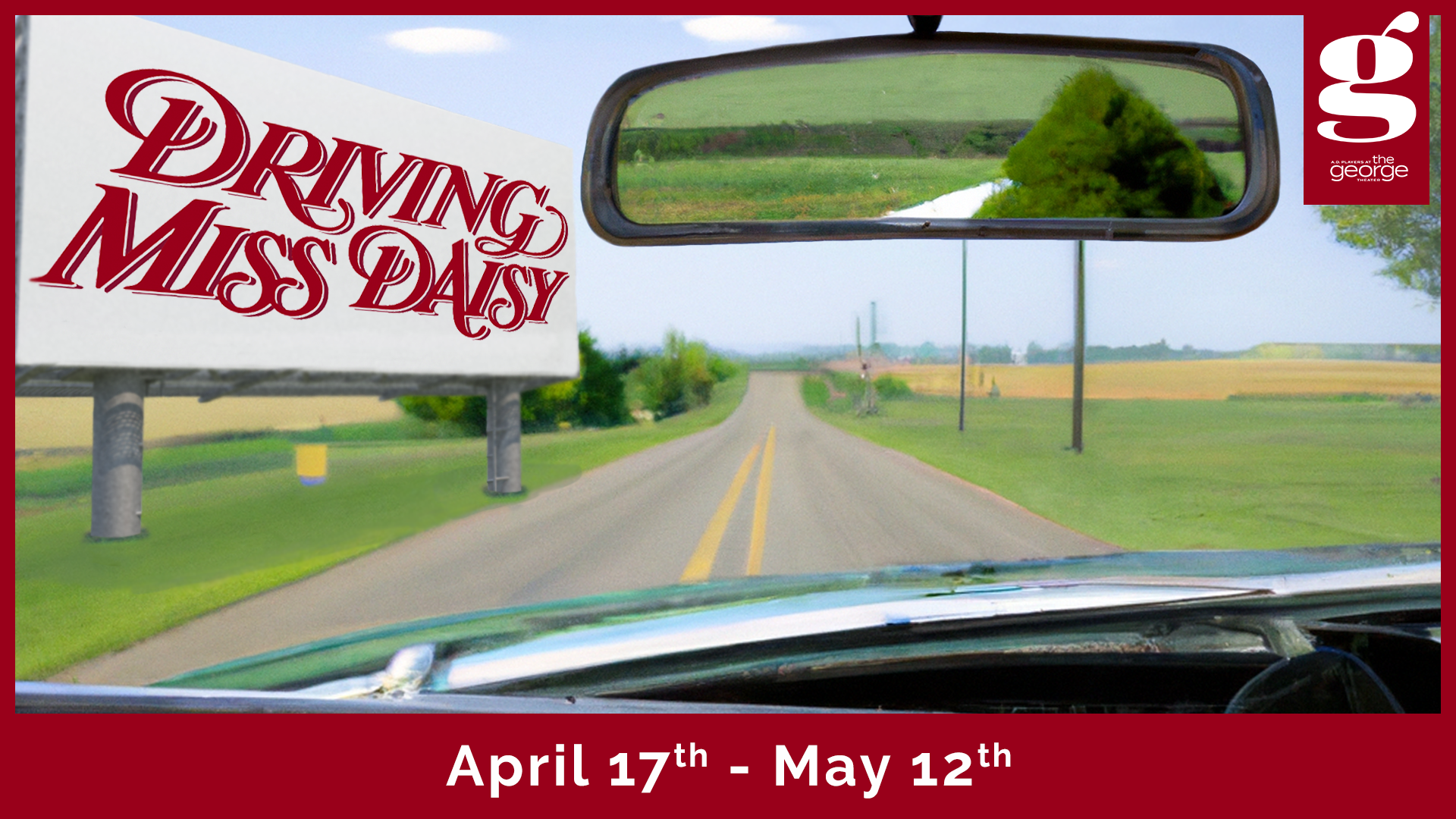Content Resources Page
Before the Show
Content Analysis
SYNOPSIS
The place is the Deep South, the time 1948, just prior to the civil rights movement. Having recently demolished another car, Daisy Werthan, a rich, sharp-tongued Jewish widow of seventy-two, is informed by her son, Boolie, that henceforth she must rely on the services of a chauffeur. The person he hires for the job is a thoughtful, unemployed black man, Hoke, whom Miss Daisy immediately regards with disdain and who, in turn, is not impressed with his employer's patronizing tone and, he believes, her latent prejudice. But, in a series of absorbing scenes spanning twenty-five years, the two, despite their mutual differences, grow ever closer to, and more dependent on, each other, until, eventually, they become almost a couple. Slowly and steadily the dignified, good-natured Hoke breaks down the stern defenses of the ornery old lady, as she teaches him to read and write and, in a gesture of good will and shared concern, invites him to join her at a banquet in honor of Martin Luther King, Jr. As the play ends Hoke has a final visit with Miss Daisy, now ninety-seven and confined to a nursing home, and while it is evident that a vestige of her fierce independence and sense of position still remain, it is also movingly clear that they have both come to realize they have more in common than they ever believed possible—and that times and circumstances would ever allow them to publicly admit.
SETTING
This play takes place from 1948 to 1973, mostly in Atlanta, George. There are many locales.
CHARACTERS
DAISY WERTHAN - a widow (age 72-97)
HOKE COLEBURN, her chauffeur (age 60-85)
BOOLIE WERTHAN, her son (age 40-65)
THEMES
Friendship, Race Relations, Human Dignity, Integrity, Trust
CONTENT FOR PARENTAL CONSIDERATION
Language for consideration
“Lord Almighty! Don’t you see what I’m saying?”
“And we go back yonder and, Lawd have mercy, …”
“I taught some of the stupidest children God ever put on the face of this earth and all of them could read enough to find a name on a tombstone.”
“She makes an ass out of herself every year.”
“For God’s sake!”
“Good God!”
“Oh my God!”
“We’re going the wrong way. Oh my God!”
I was getting the lunch. Go on back! Oh my God!”
“It’s all ruined by now! Oh Lord!”
“How you think I feel havin’ to ax you when I can make my water like I some damn dog?”
“Well hell yes! Send him right on in here!”
“I’ll be damned!”
“How the hell did he manage that?
“Oh God! Oh Goddy! I do everything wrong”
“Oh God I don’t want to be trouble to anybody.”
“My Lord, is she old enough to drive?”
Racial dialogue
“Oscar in the freight elevator knows every colored man in Atlanta worth talking about.”
“And I still intend to interview colored men.”
“Id druther drive for Jews. People always talkin’ bout they stingy and they cheap, but don’t say none of that ‘roun’ me.”
“I don’t get along with that Geechee trash they got down there.”
“They all take things, you know. So I counted” (talking about Hoke)
“They are like having little children in the house. They want something so they just take it. Not a smidgin of manners. No conscience.” (talking about people of color)
“Colored cain’ use the toilet at no Standard Oil..”
“It doan’ matter to them people. A Jew is a jew to them folks. Just like light or dark we all the same nigger.”
“I ‘bout ten or ‘leven years old and one day my frien’ Porter, his Daddy hangin’ from a tree.”
There is dialogue about Boolie’s business being harmed if he were to attend the Martin Luther King dinner.
Violence
There is dialogue about Miss Daisy’s Temple being bombed.
Mature Content for Consideration
There is a scene where Daisy is having a dementia episode and thinks she is still a school teacher.
Running Time
Running time - 1 hour and 25 minutes
Show Dates
April 17 - May 12, 2024
What is the recommended age for Driving Miss Daisy?
If this play was a movie we would give it a rating of PG. However, we recommend each parent assess according to their individual children. No children 5 and under are allowed in the theater.
How much are tickets?
Ticket prices vary between $40 - $65 depending on where you sit in the theater.
Executive Artistic Director’s Note
Another classic in the American canon, Driving Miss Daisy is the story of an unlikely friendship between a Jewish woman and a black man in the segregated South. There are few stories that contain the sort of quiet power and nuance that Driving Miss Daisy has been entertaining audiences for years with; ultimately showing us that the chasm of the human experience is not nearly as deep and wide as we might believe. A.D. Players is proud to produce this show once more, and for the very first time on the George Theater stage.
After the Show
Theatre is an art form that from its inception has had the proven power to move and to stir the human spirit. This can have a wide variety of manifestations. We are often stirred up, and that kind of event can have us needing to talk to someone about it. We recommend that you find a licensed mental healthcare professional to help you work through difficult feelings that may have been stirred up by a play. You should always work with someone that you have a great connection with. If you need help starting that process, we recommend our partners at Ellie Mental Health as a starting place.
You might also be stirred to do something about how a particular play made you feel. Below we have provided a quick link to be able to donate to us here at the A. D. Players at the George Theatre. As a 501(c)3, we rely heavily on donations to continue the work that we do. If, however, you want to do something meaningful about some of the issues addressed by our shows, we are also including links to organizations that do meaningful work in the areas addressed by the content of our show. These are not exhaustive options, but merely starting places to help you on your journey to continue to effect change in your world.



